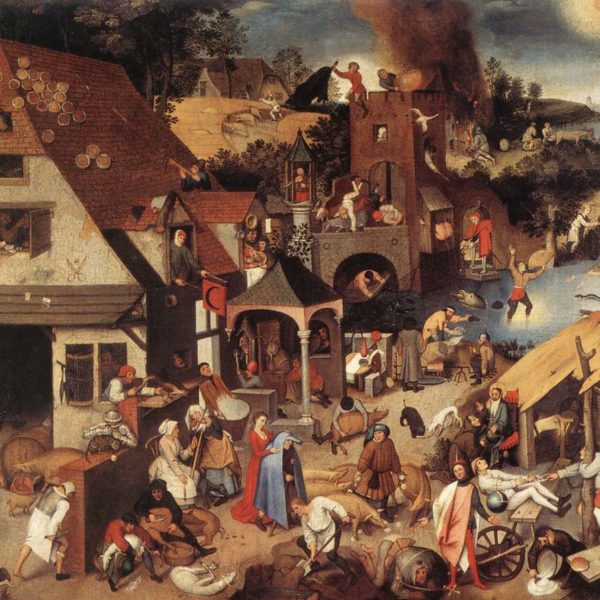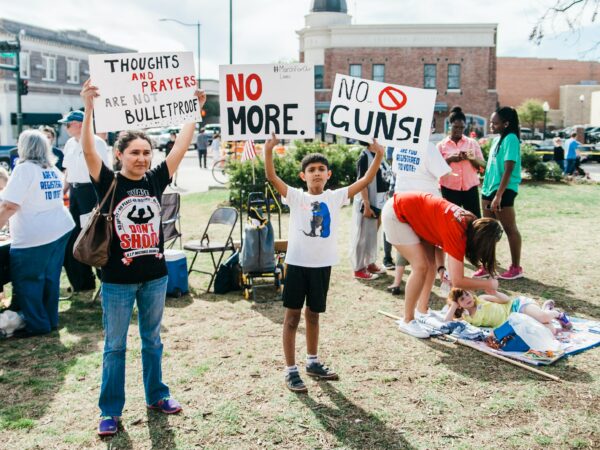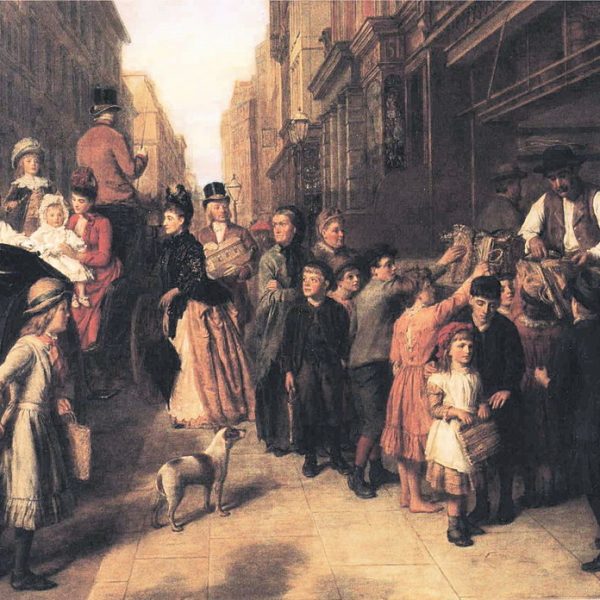
Divine Wisdom calls. It is publicly accessible. We may not recognize the voice because we might not be listening for it. But it is there beckoning to us.

We must learn to subvert the economic model of our rulers by reconnecting with older models based on reciprocity, hospitality, and love.

Proverbs presents a vision of political wisdom that calls for deep moral integrity of political actors, both in their most public and in their most private behavior. It offers an alternative to the cynical demoralization of contemporary entertainment-driven politics, with its celebration of permission and transgression.

Wisdom’s publicly raised voice challenges the simple ones, who love being simple; the scoffers, who delight in their scoffing; and the fools, who hate knowledge. The reproof of Wisdom is especially relevant in the contemporary political world, where so many of our leaders and politicians thrive upon such popular attitudes.

We don’t expect our politicians to say much about the poor, but what about the church? When was the last time you preached or heard a sermon on the poor? Not poverty, but the poor, and not as an illustration, but as a focal point. (We might ask the same thing about a college or seminary class that purports to be about the cultivation of wisdom or faith.) The readings from Proverbs and James (see below) refer to the poor directly. Both passages are striking because they go further than a soft paternalism that might urge us to care for the poor. James and Proverbs offer not an appeal to our altruism, the work of charity, or a political agenda or campaign. They are not looking for votes or a clear conscience. They see the poor as part of the community and concern for the poor as an integral part of the life of faith and wisdom….




